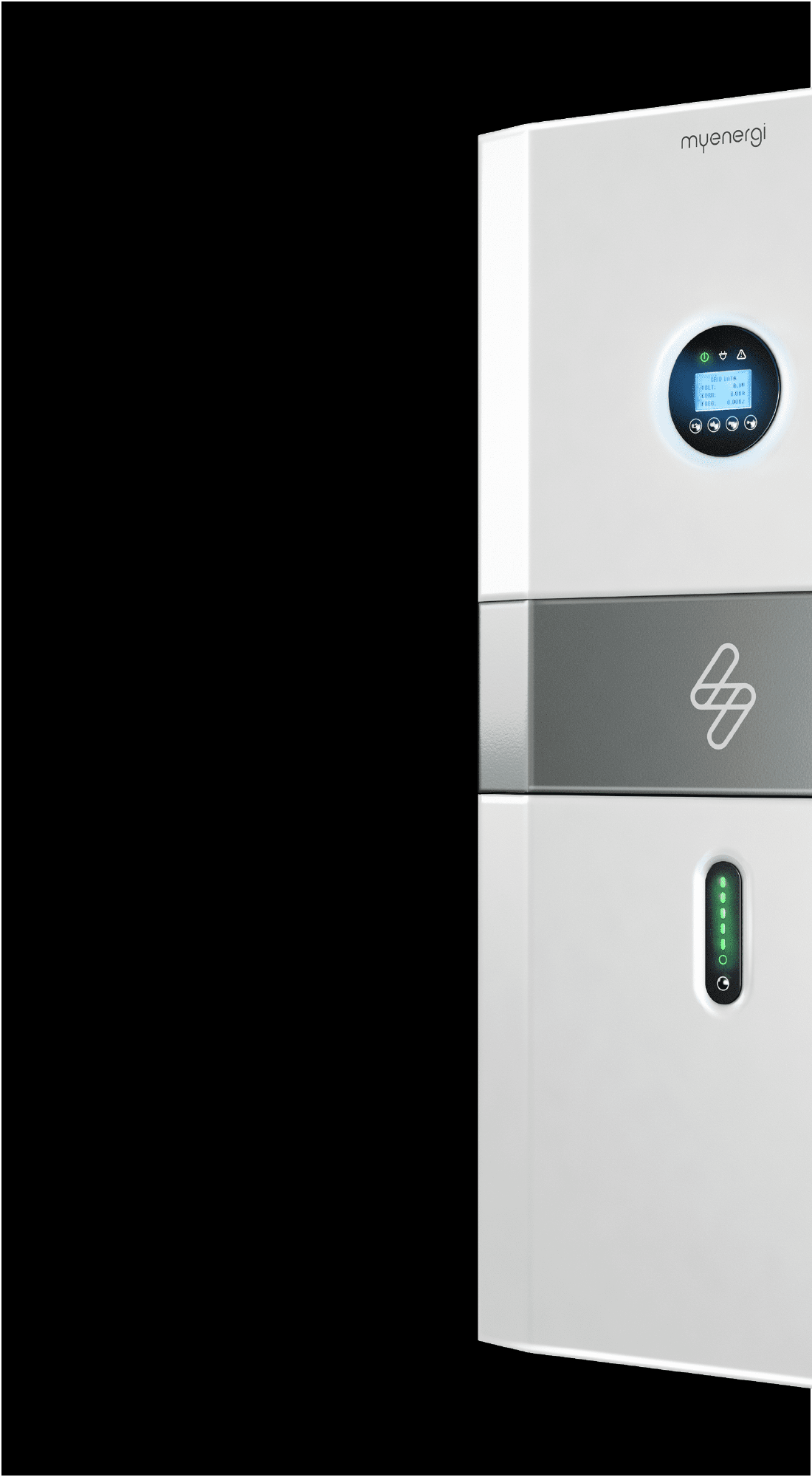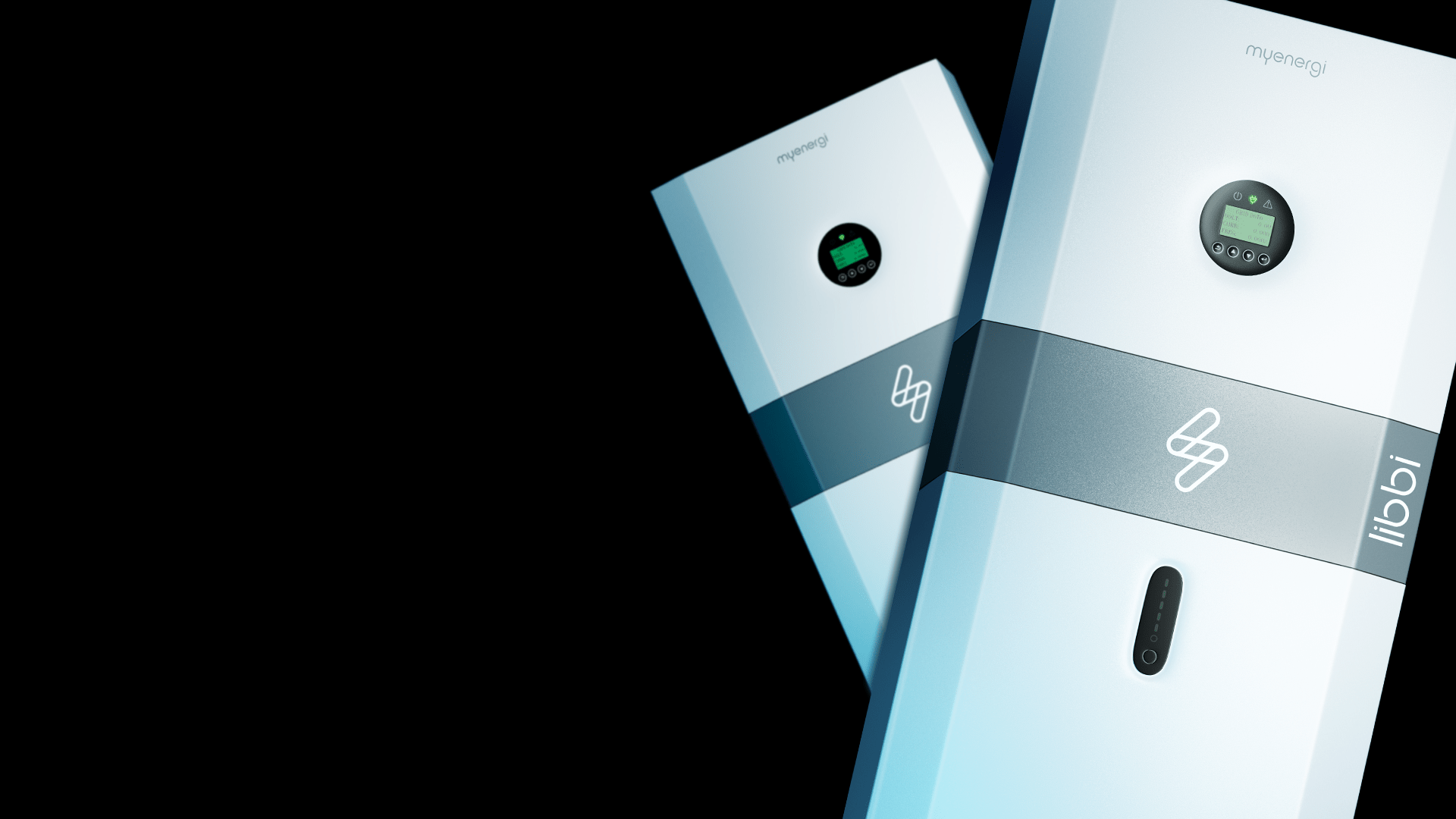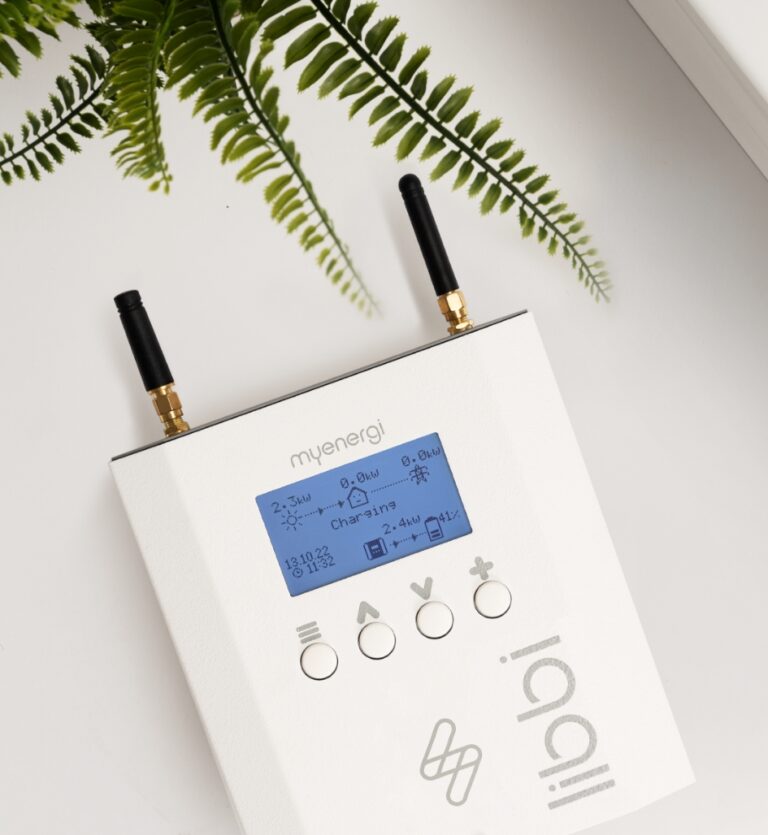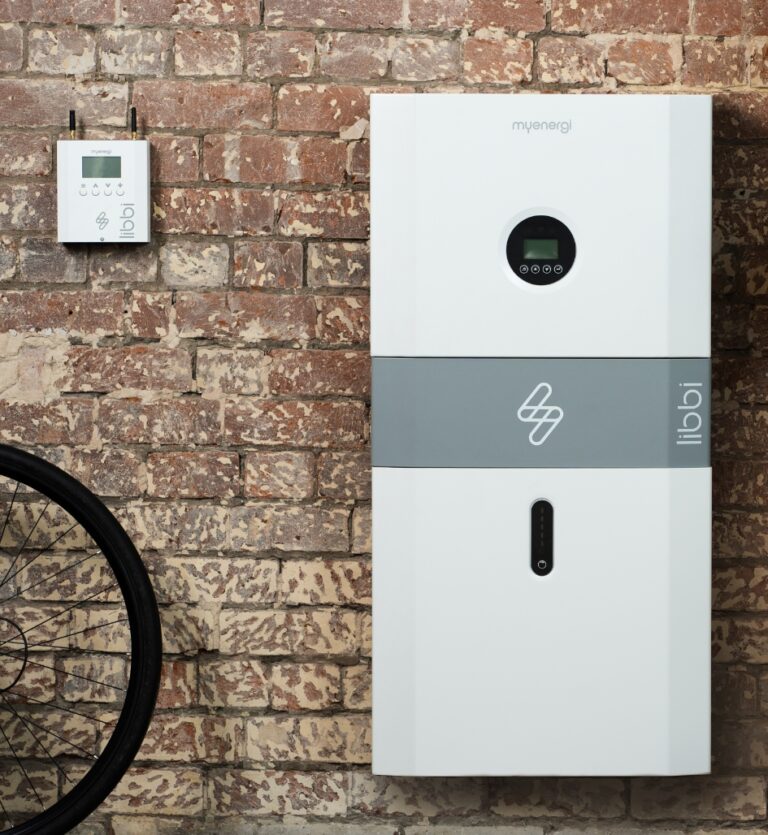How does battery storage work?
With the rise in renewable energy sources and the need for reliable backup power, understanding how home battery storage works is becoming increasingly important.
Battery storage systems are the silent heroes of modern technology, powering everything from our mobile devices to electric vehicles, and now, even homes and businesses. But what’s going on under the hood of these vital devices? How does energy get stored in a form that’s instantly accessible, and yet can last for hours or even days?
In this guide, we’re going to unravel the intricacies of battery storage systems. We’ll delve into the science and mechanics of how batteries store and release energy, explore different types of batteries, and look at how they are revolutionising our energy consumption patterns.
Whether you’re a tech enthusiast, a renewable energy advocate, or simply curious, this blog will illuminate the fascinating, powerful world of battery storage. So, let’s dive right in and power up your knowledge!

Take control of your energy bills
If you’re a homeowner looking to take control of your energy bill, then battery storage could be the right option for you. Battery storage is a technology that stores energy until it’s needed, so you can use it for your own power needs and save money on your energy bills. It works by storing electricity generated from clean renewable sources such as wind or solar panels or from the grid during times of low demand (such as during the night) when prices on some energy tariffs are cheaper. It then uses this stored electricity at times when demand is higher (such as during peak hours).
Register interest
What is battery storage ?
Battery storage is a technology that stores energy until it’s needed.
Batteries are typically charged using renewable generation such as solar panels, but they can also be charged from grid electricity. Using the grid, batteries are charged at night when the grid is less busy and cheaper, and then they release their stored power during the day when more people use electricity. This means that a battery system can work with or without the need for solar panels.
Batteries can store energy to use in conditions when solar panels cannot be fully optimised. Battery storage can also be the perfect solution as a blackout back up, ensuring you’re never without power.

Why should I consider battery storage ?
If you are wanting to save money on your energy bills, become less reliant on the grid and more self-sufficient, battery storage is a great option for you. Battery storage allows you to take advantage of the price difference between off-peak and peak time electricity. And of course, if you have solar panels, there is no extra cost for solar energy you generate. This means that your home will be powered by cheaper, greener energy during off-peak times when demand is low and expensive power from fossil fuel generators isn’t needed as much. For many, having battery storage and solar panels means charging your electric car is totally free to do from your own home. You can even sell back any excess energy that is stored in your battery bank at peak times.
Typically, a UK home with solar panels will actually export the majority of the energy produced by them. The goal for a household with solar panels is to maximise the amount of solar energy that it actually uses – this is called self-consumption. By using a battery to store excess solar energy, rather than letting it essentially go to waste by being exported back to the grid, you can boost self-consumption and use the majority of the energy that you generate from solar panels on your home.
Which battery system is right for me ?
The first step in determining which battery system is right for you is to think about how much energy you want to store and how much money you can spend on it. You should also consider what your current energy usage looks like, as well as the power needs of your home or business.
You can use the following questions to help guide your decision:
- How much energy do I need?
- How much money can I spend?
- What is my current energy usage?
- What are my home’s power needs?
- What is my budget for battery storage?
- Where do I want to be in five years?
How can I use battery storage to power my home?
Battery storage is a great way to keep your home running during an outage or to reduce your energy bill. To find out if battery storage could work for you, it’s important to first understand how it works with the grid.
Battery storage is a technology that stores energy until it’s needed, so you can use it for your own power needs and save money on your energy bills.

It’s an efficient way to store electricity generated from renewable sources, such as solar and wind or take advantage of cheaper night rates from your electricity provider.
Most home batteries now are lithium technology rather than lead-acid and the new libbi home battery from myenergi uses lithium iron phosphate technology, which is a stable and safe battery chemistry, making it ideal for domestic applications.

To work most effectively, a battery needs to be able to talk to other devices in the home to know the best time to charge or discharge. The libbi battery can have its priority set so that it does not automatically discharge when an electric car is plugged into the home’s domestic charge point, for example, or alternatively set to deplete in order to charge the electric car from the home battery and any excess solar, for example using a zappi charger, without using grid energy.
Blackout power capability is provided as an option with a dedicated circuit offering power in the event of a power cut to the home.
Battery storage can also provide a benefit to the energy system during peak times and periods of peak demand. Not only does battery storage mean that a household can draw on the battery during these times, but the battery may also be used for demand side response, where it responds to instructions from energy system operators to either charge or discharge in order to help balance the grid.

